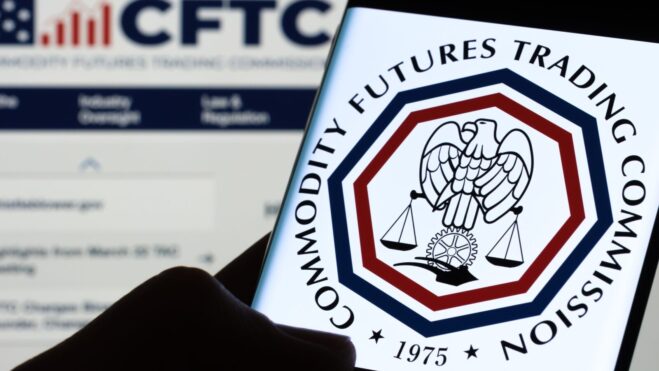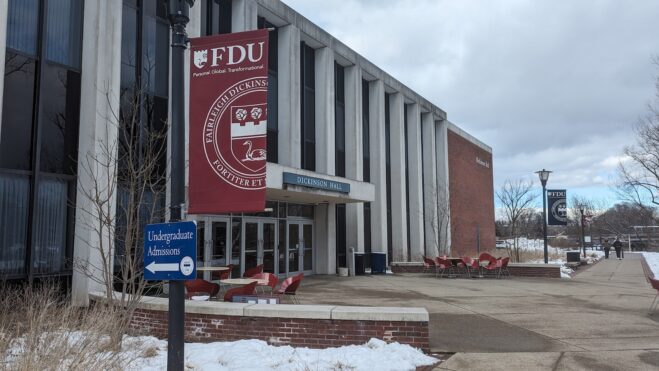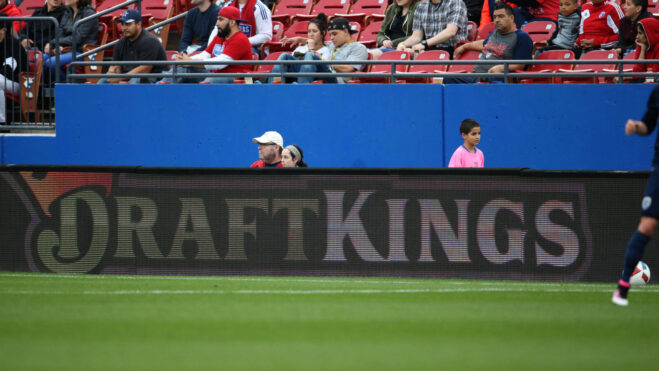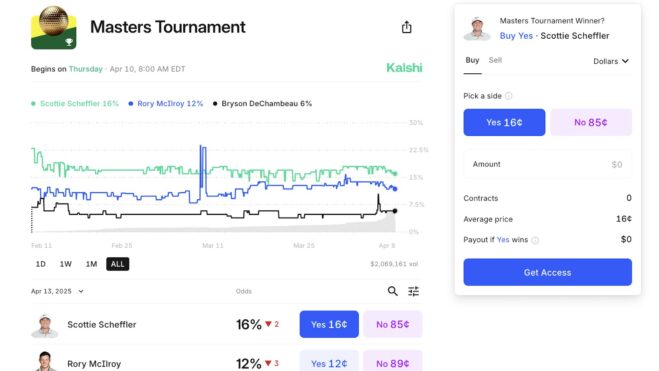Minnesota Sports Betting Opponents Go On Offensive
A state Senate informational meeting focused on the negative as the state is again expected to weigh legalization
2 min
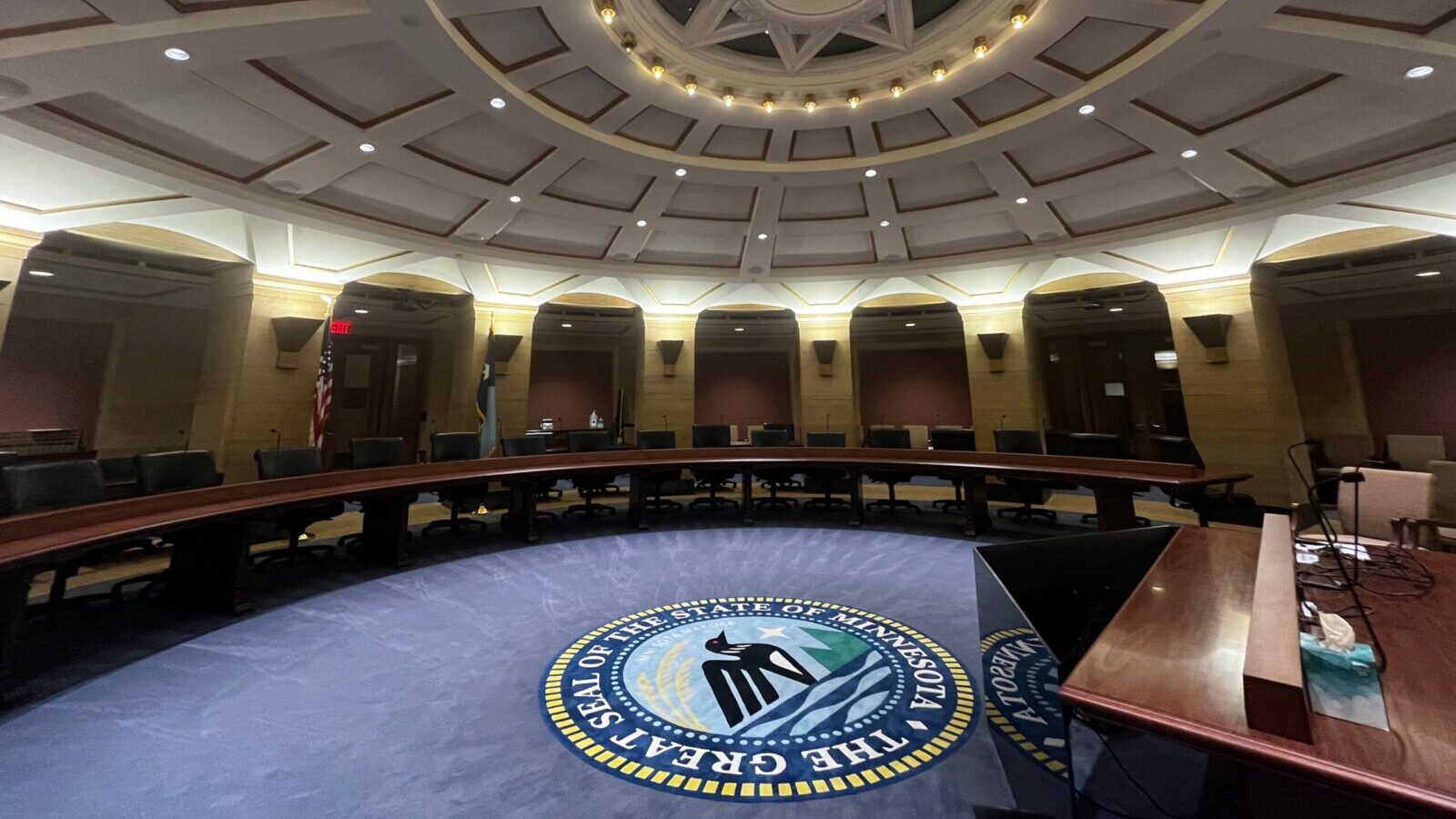
Lawmakers in the state of Minnesota who oppose legalized online sports betting went on the offensive Wednesday during a Senate Finance Committee meeting held ahead of the first seating of the 94th General Assembly next week.
Minnesota lawmakers had made incremental progress in previous years toward legalization, most notably getting a framework acceptable to both Native American tribes and racetracks. But the informational hearing convened by state Sen. John Marty had a deliberate focus on the negative components of sports betting.
“Hearings over the last several years between House and Senate, all of which understandably focused on the specifics of legislation and who profits from sports betting,” Marty said. “Unfortunately, none of them have focused on the health, economic, and social harms that can result on Minnesota families.
“What we’re talking about legalizing is the sportsbook-making industry, where people can come in and profit off those bets and the harm that causes.”
Opponents get off uncontested shots
Those testifying in opposition to sports betting Wednesday included Les Bernal, the national director of Stop Predatory Gambling, and Matt Litt, who litigates on behalf of sports betting victims. Susan Sheridan Tucker, executive director of the Minnesota Alliance on Problem Gambling, also testified.
Bernal offered a definition of predatory gambling in which “powerful corporate gambling interests partner with state governments to use commercialized gambling to exploit and defraud citizens and their communities.” He added that when gambling is “run as a business, it is an adversarial relationship between the operator and the gambler” and cannot be compared to a business such as Starbucks or a local restaurant.
Bernal described commercial gambling as a “financial exchange that’s mathematically stacked against you. They wrap it up as if it’s entertainment and so on, but at it’s core, it’s a financial exchange. … The longer you participate in it, the more frequent you participate in it, it’s a mathematical guarantee you’re going to lose all your cash.”
Litt, an attorney with a focus on consumer protection, took aim at sportsbooks’ VIP hosts, which included how operators offer “free bets” to customers willing to wager large amounts as well as the relentless advertising by sportsbooks. He said he receives between 10 and 15 emails and calls per week from addicted gamblers and their families and “almost every single one of them had a VIP host who led them to the dire straits that they find themselves in now.”
Litt described the process that leads to bettors being given VIP status and a VIP host, which most notably includes when a bettor’s deposit exceeds a certain amount. He noted that the deposit amounts themselves are a concern for problem gambling that should not be “faux rewarded.” He called the VIP host a “quasi-friendship” with the gambler in which the sportsbook has accumulated specific data about the bettor and — in real time as Litt stressed — sometimes offers free bets to have the bettor continue wagering.
Frentz offers a rebuttal
In his opening remarks in support of legalizing sports betting, Sen. Nick Frentz — who co-authored the previous sports betting bill with Sen. Matt Klein — noted Wednesday’s testimony “largely ignored the fact that many Minnesotans want to do this.”
He also hit back at Bernal’s labeling of commercialized gaming as a “big con” in the context of the role the Native American tribes will play in any legalization effort in Minnesota.
“I think we should consider a little more nuanced language,” Frentz said. “Those Native American tribes are tremendous partners who consider themselves to be responsible purveyors if it’s legalized.”
Frentz stressed an eventual bill should address the “latest concerns that states have,” which includes a focus on protecting problem gamblers and was open to further discussions on that subject.
Wednesday’s hearing did not include testimony from any licensed operators, which was by design, according to iGaming Business. Fanatics Betting & Gaming Head of Government Affairs Brandt Iden, a former Michigan state representative who was the driving force behind legalizing mobile sports betting and internet casino gaming in the Wolverine State, called Wednesday’s hearing a “media stunt.”



